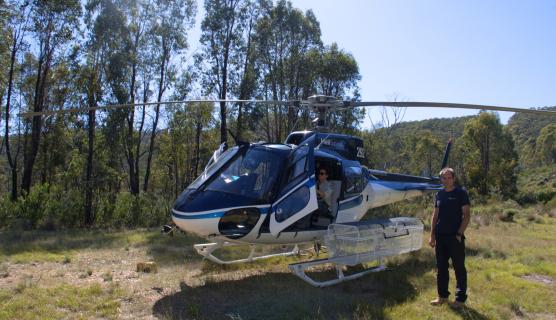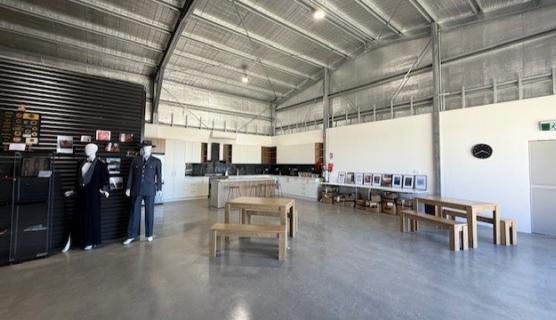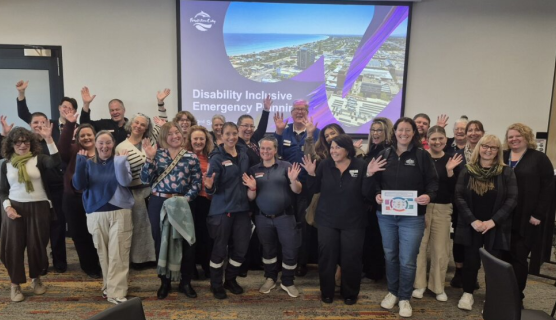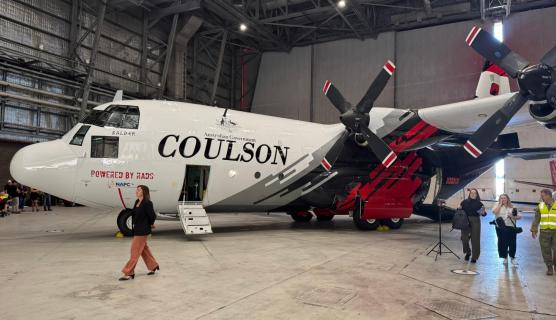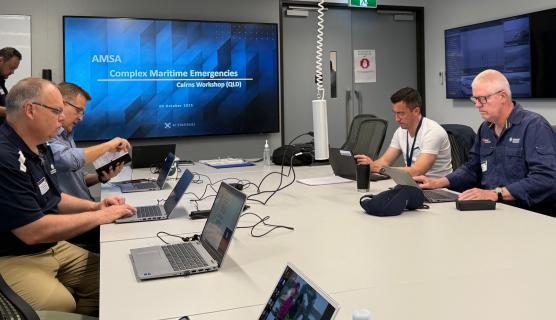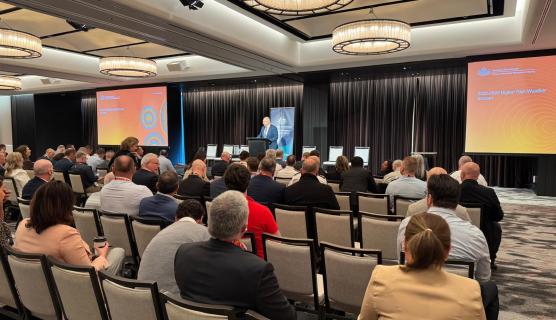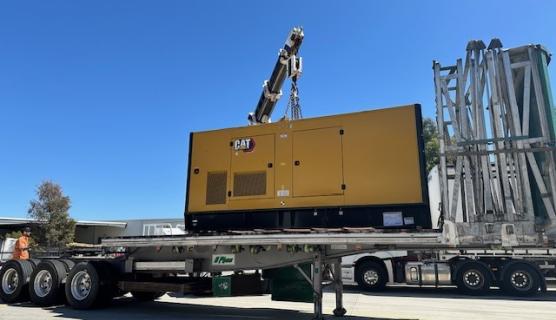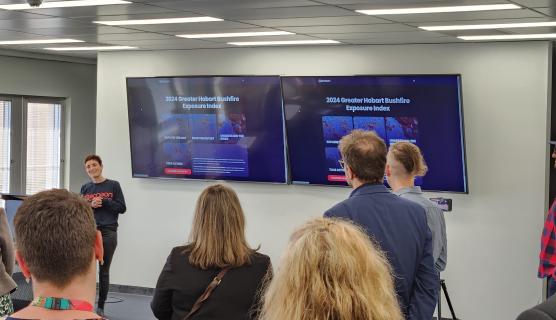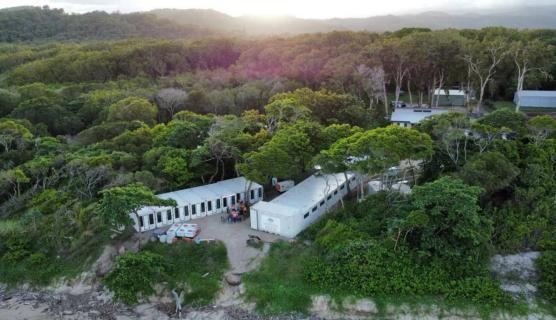Australia is facing more challenging hazards than ever before. Biosecurity diseases, heatwaves, cyber outages, and tsunamis don’t happen in isolation. There is an increasing risk of hazard convergence, where overlapping and interrelated events have an impact greater than the sum of their parts. So, what happens when these crises converge?
From 26 to 28 May, we held a national exercise called Exercise Convergence. This event brought together more than 300 participants from every level of government, industry partners, not-for-profit organisations and communication specialists. We tested how well we can prepare, respond and recover together.
Climate events are happening more often. It's vital we build strong emergency management systems and skills.
During the recent Higher Risk Weather Season, we saw how important it is to work together. True partnership and collaboration with all levels of government, community, not-for-profits and industry is essential to reducing harm and making a difference to our communities.
This is why we need to unite and explore how we can better prepare for, respond to, and recover from crises together, regardless of whether climate drivers or human involvement causes them.
